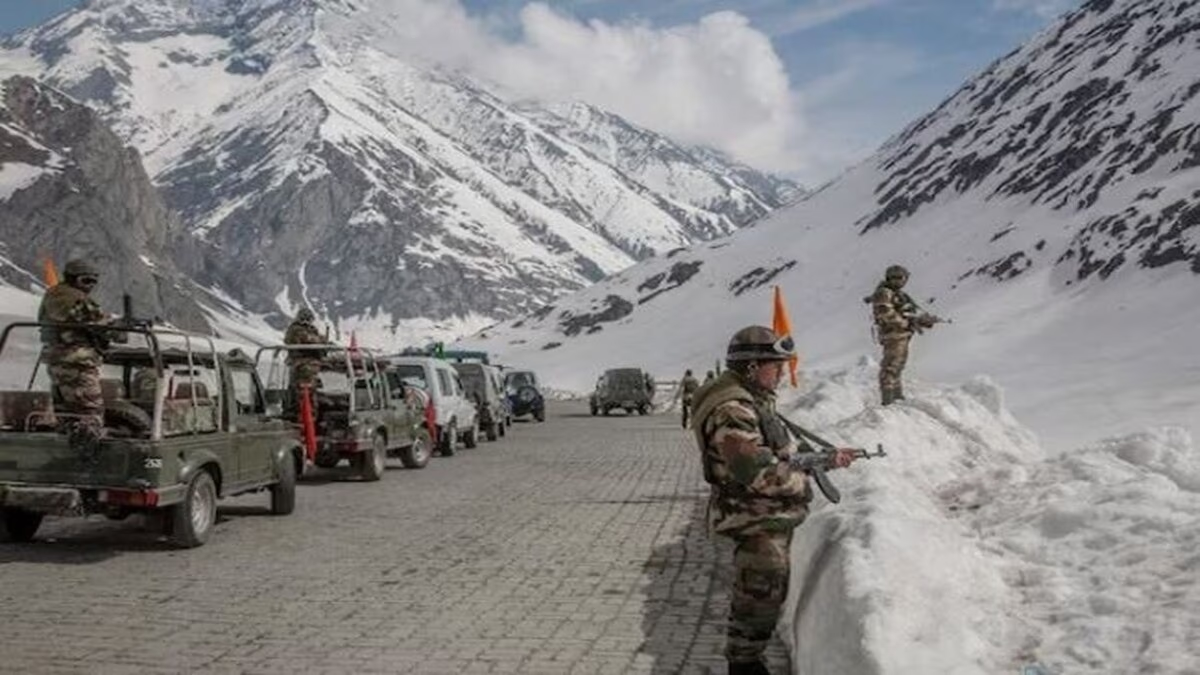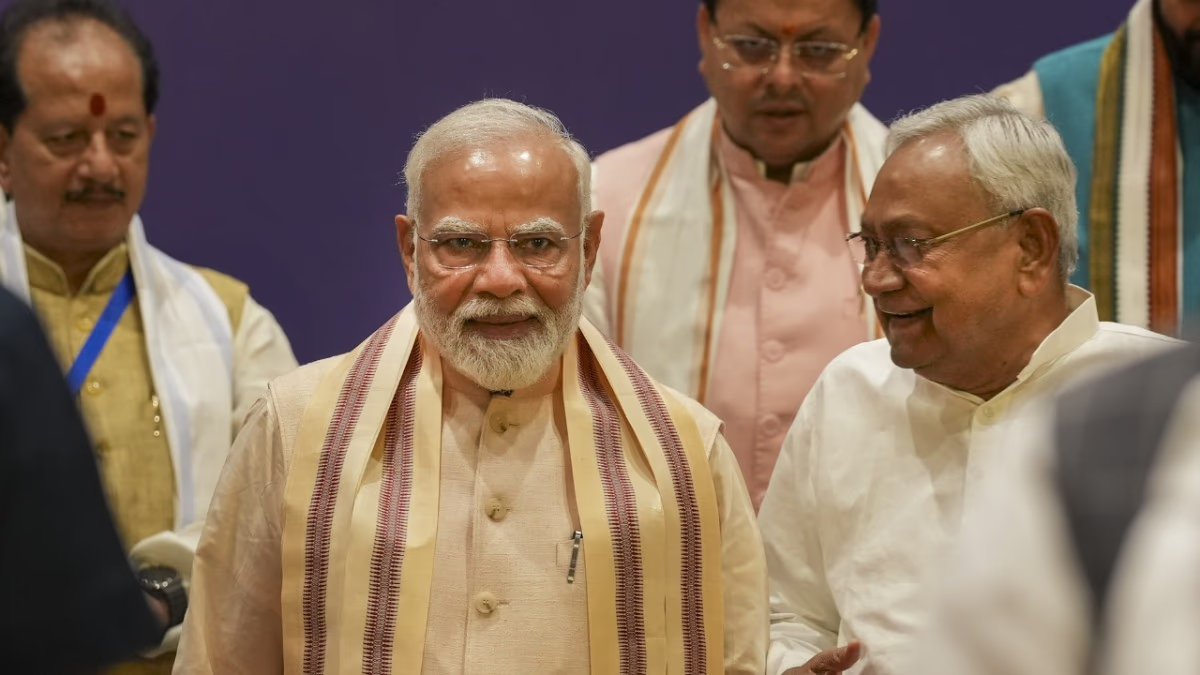The US intelligence report once again raises concerns over China's expansionist policy and the strategic challenge it poses to India. It states that Prime Minister Narendra Modi's defense strategy will focus on strengthening global leadership, counteracting China, and enhancing India's military capabilities. India considers China as a primary adversary while seeing Pakistan as a limited security issue that can be controlled.
PLA's Military Base Plans: Alarming for India
According to the report, China is considering establishing People's Liberation Army (PLA) military bases in countries like Burma (Myanmar), Pakistan, and Sri Lanka. If realized, this could pose a significant strategic threat to India, given these countries' proximity to India's direct maritime and land borders.
This is seen as part of the 'String of Pearls' strategy, aimed at increasing China's influence in the Indian Ocean. As per the American report, this initiative reflects China's intent to elevate its global military presence, which could adversely affect India's security stance.
The report suggests that despite cross-border firing and attacks between the Indian and Pakistani armies in mid-May 2024, India's strategic focus remains primarily on China.
To balance China's influence and strengthen its role as a global leader, India is prioritizing bilateral defense partnerships in the Indian Ocean region, which includes joint military exercises, training, arms sales, and information exchanges. India has also enhanced trilateral cooperation in the Indo-Pacific region and actively participates in multilateral forums such as 'Quad,' BRICS, Shanghai Cooperation Organization (SCO), and ASEAN.
Reduced Tensions with China but Ongoing Border Dispute
The report reveals that by the end of October 2024, India and China reached an agreement to withdraw forces from two disputed areas along the Line of Actual Control (LAC) in eastern Ladakh. Although this measure somewhat eases border tensions, the border dispute remains unresolved. It's noteworthy that clashes in this area in 2020 resulted in casualties on both sides.
Indian Missile Retaliation on Pakistani Terror Bases
Following a terrorist attack in Jammu and Kashmir at the end of April 2024, India launched missile strikes on terrorist infrastructure within Pakistan. From May 7 to 10, both nations encountered multiple rounds of missile, drone, and 'loitering munition' (suicide drones) attacks followed by heavy crossfire. By May 10, they reached an agreement on a full ceasefire.
The report states that Pakistan is rapidly modernizing its nuclear arsenal, considering India as an existential threat. This strategy highlights Pakistan's military mindset and border aggression. Reportedly, Pakistan relies heavily on China's economic and military generosity. The resources and technical support from China not only bolster Pakistan's military infrastructure but also expand its nuclear capabilities.
Experts suggest that the China-Pakistan alliance creates a dual strategic threat for India. On one side, there's China pressurizing the LAC, and on the other, Pakistan's nuclear and cross-border policies escalate tensions.
Focus on Cross-Border Engagements Remains for Pakistani Military
The report predicts that cross-border skirmishes with regional neighbors will remain a top priority for Pakistan's military in the coming year. Tension with India along the borders, terrorism-related activities, and aggressive rhetoric over Kashmir are parts of this strategy. Notably, India has repeatedly expressed concerns on international platforms over Pakistan-sponsored terrorism and ceasefire violations along the Line of Control (LoC).
India Maintains Ties with Russia, but Dependency Reduces
India intends to maintain its relationship with Russia until 2025, as it considers these ties crucial for its economic and defense interests. The report notes that although the Modi government has reduced new military acquisitions from Russia, India continues to rely on Russian spare parts for maintaining its stock of Russian-built tanks and fighter aircraft. This cooperation is also viewed as a balancing factor against the close China-Russia relationship.
Emphasis on 'Made in India,' Ongoing Military Modernization
This year, India will continue to promote the 'Made in India' initiative to empower the domestic defense industry and mitigate supply chain concerns. India sustained its military modernization efforts in 2024, testing the nuclear-capable Agni-I Prime medium-range ballistic missile (MRBM) and Agni-V Multiple Independently Targetable Re-entry Vehicle (MIRV). Additionally, India commissioned its second nuclear-powered submarine into the navy, strengthening its nuclear triad.




